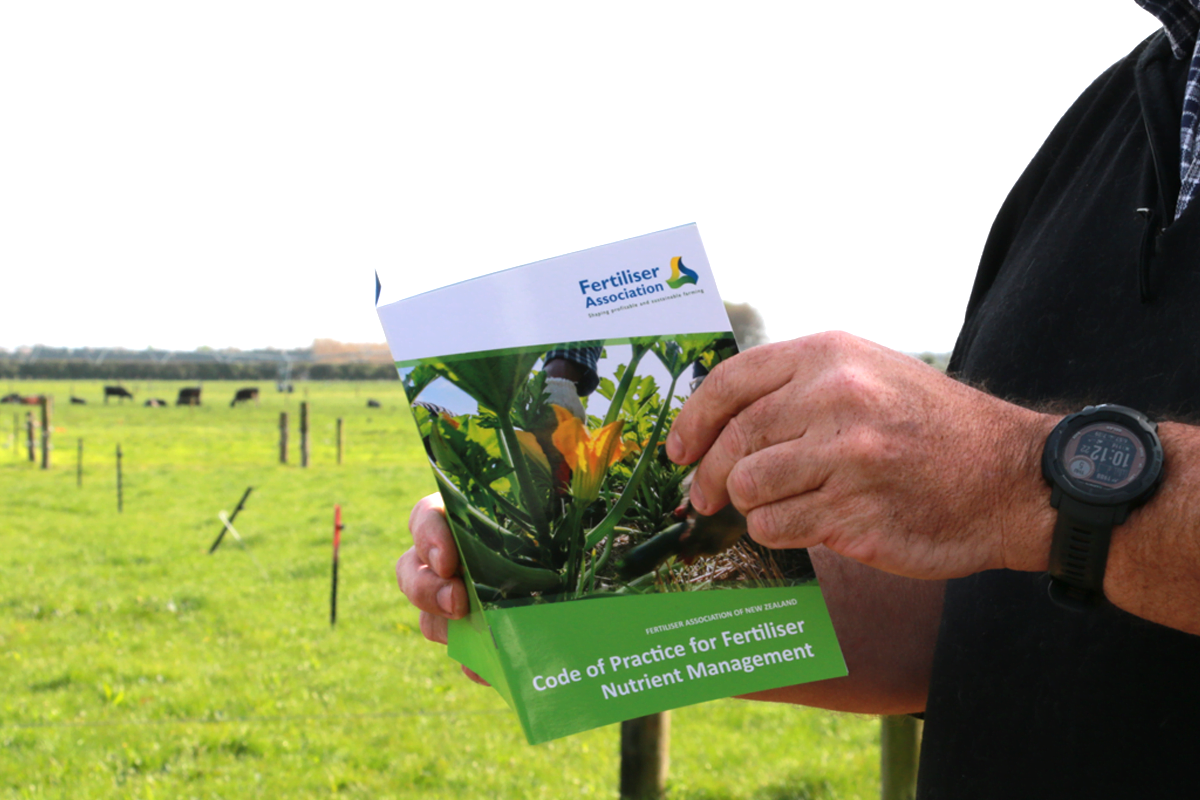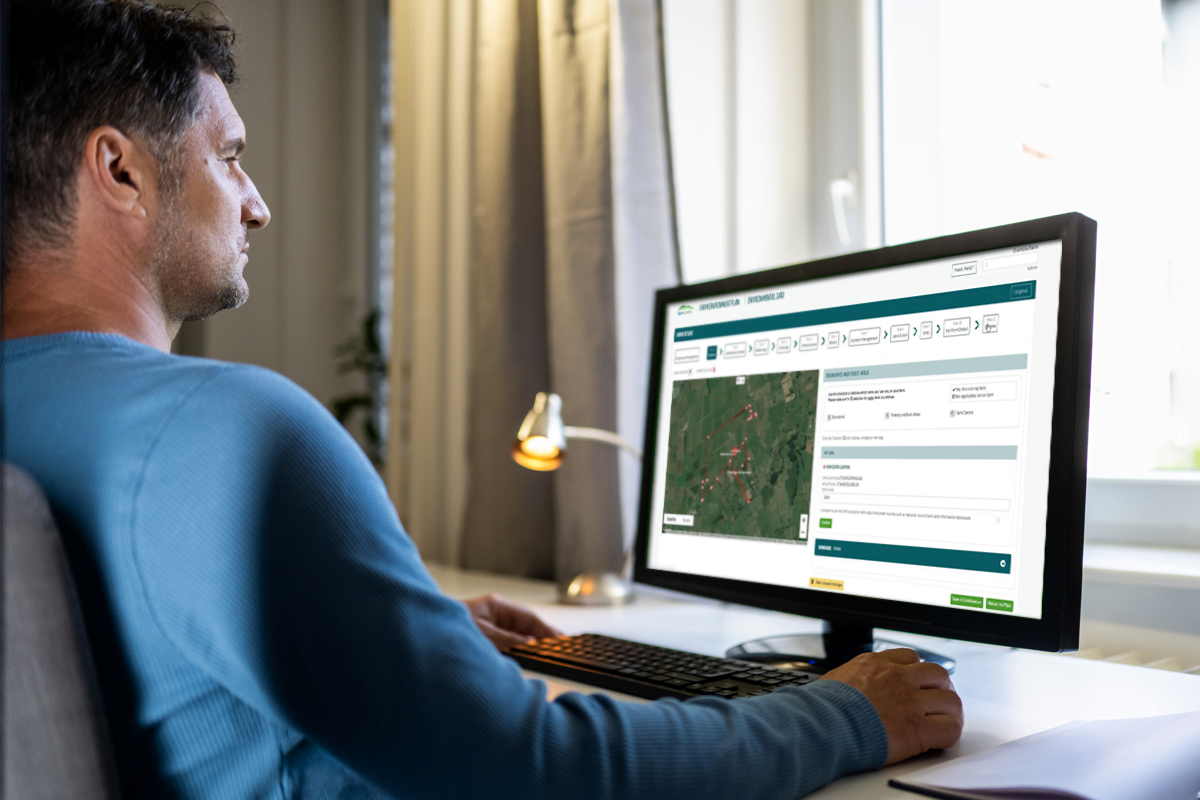New Leaders Continue the Innovative Work of Rauika Māngai
Associate Professor Louise Parr-Brownlie (Ageing Well) and Dr Selai Letica (Our Land and Water, pictured right) are the new leaders of Rauika Māngai, a Māori organisation that advances Mātauranga Māori, accelerates research, and positively influences science policy.
The Rauika Māngai, a Māori organisation that advances Mātauranga Māori, accelerates research, and positively influences science policy, says nau mai, haere mai to its two new leaders: Associate Professor Louise Parr-Brownlie and Dr Selai Letica.
These new leaders have paddled their waka towards the leadership roles within the Rauika Māngai. The new Chair of the Rauika Māngai is Associate Professor Parr-Brownlie and Dr Letica is the new Deputy Chair, following on from the great work done by former Chair Dr Jessica Hutchings and former Deputy Chair Dr Willy-John Martin.
Rauika Māngai is a term meaning ‘assembly of representatives’ and is a collective of leaders from the eleven National Science Challenges and Ngā Pae o te Māramatanga, Aotearoa New Zealand’s Centre of Māori Research Excellence. These scientists, managers, and leaders are at the forefront of creating a step-change in the implementation of the Vision Mātauranga policy.
They work for the whānau, hapū, iwi, and diverse Māori communities that uphold tikanga and wairuatanga and extend the mātauranga continuum.
Associate Professor Parr-Brownlie is the Director of Ageing Well National Science Challenge, and researcher at the University of Otago, specialising in brain changes associated with Parkinson's disease and chronic pain. She is Ngāti Maniapoto and Te Arawa.
The new Chair wished to convey her respect and admiration for the previous leaders and their commitment to making an impact.
“Leading a forward-thinking collective such as the Rauika Māngai is a significant role. I wish to thank the previous Chair, Dr Jessica Hutchings, and former Deputy Chair, Dr Willy-John Martin, for their tireless commitment to making an impact, particularly in the implementation of the Vision Mātauranga policy,” said Associate Professor Parr-Brownlie.
“Dr Hutchings and Dr Martin played an integral role in all that Rauika Māngai has done so far. We appreciate their strong leadership to make this collective a strong voice for Māori and mātauranga Māori in the science sector,” she added.
Under the leadership of Drs Hutchings and Martin, Rauika Māngai hosted wānanga to develop and release the Vision Mātauranga Guide in 2020. Additionally, they contributed to a groundbreaking report ‘Te Pūtahitanga: A Tiriti–led Science-Policy Approach for Aotearoa New Zealand’ that addresses the need for a robust science sector that demonstrates inclusion, accessibility, and equitable funding and outcomes for Māori.
During a period of transition between the two leadership groups, Dr Hutchings worked alongside incoming Deputy Chair Dr Letica to develop a series of in-depth webinars that looked at Wai 262, one of the most significant and far-reaching claims considered by the Waitangi Tribunal. The first webinar looked at the history and impacts of Wai 262 and the second discussed the claim and the opportunities for the National Science Challenges and the wider science sector.
The new Deputy Chair of Rauika Māngai, Dr Letica, works with Our Land and Water National Science Challenge and is the Director of oRangaHau Ltd, an independent firm that provides tikanga-based solutions within the agricultural sector and Māori communities. She is Ngāpuhi, Ngāti Porou, and Tagata Pasifika.
“The eleven individual National Science Challenges have been moving towards becoming Treaty-responsive organisations and we are encouraged by the progress so far. We have seen how it is possible to partner meaningfully with Maori communities, to effectively implement the Vision Mātauranga policy into our projects. The National Science Challenges (NSC) have partnered with the Rauika to provide a platform for us to champion the voices and contributions of Indigenous knowledge holders in the NSC system,” said Dr Letica.
Amplifying the work already done by the previous leadership is one of the key goals of Associate Professor Parr-Brownlie and Dr Letica. Energy will be put into addressing system change this year; creating tools and other resources for researchers, making submissions and evidence-based recommendations for policymakers – drawing on our collective experience across all 11 NSCs. The collective has in the pipeline a compelling report on the Wai 262 webinars and discussion, as well as producing tools and resources aimed to support RSI managers and practitioners to understand and act on their obligations as Te Tiriti partners.
However, the first item on the agenda for Rauika Māngai was formulating the collective’s response to the Government’s Te Ara Paerangi science sector review. The vision that Rauika has for the science sector is to see that, within 30 years, Māori are equal partners with the Crown to determine the priorities and outcomes. They envision a system with a Māori science entity that includes mātauranga, traditional knowledge, and knowledge that Māori hold and generate now and in the future.
“Discussing the future dimensions of the science and research sectors is an important kaupapa for Rauika Māngai. We have an important perspective from which to help shape the future of Aotearoa New Zealand’s science sector and are looking to contribute our combined knowledge and experiences in a meaningful way,” said Associate Professor Parr-Brownlie.
“Leading the Rauika Māngai is an honour and a privilege, and I look forward to progressing the goals of our collective and so we can continue to make an impact,” she added.
Author
 View Our Strategy Document 2019 – 2024
View Our Strategy Document 2019 – 2024




Leave a Reply